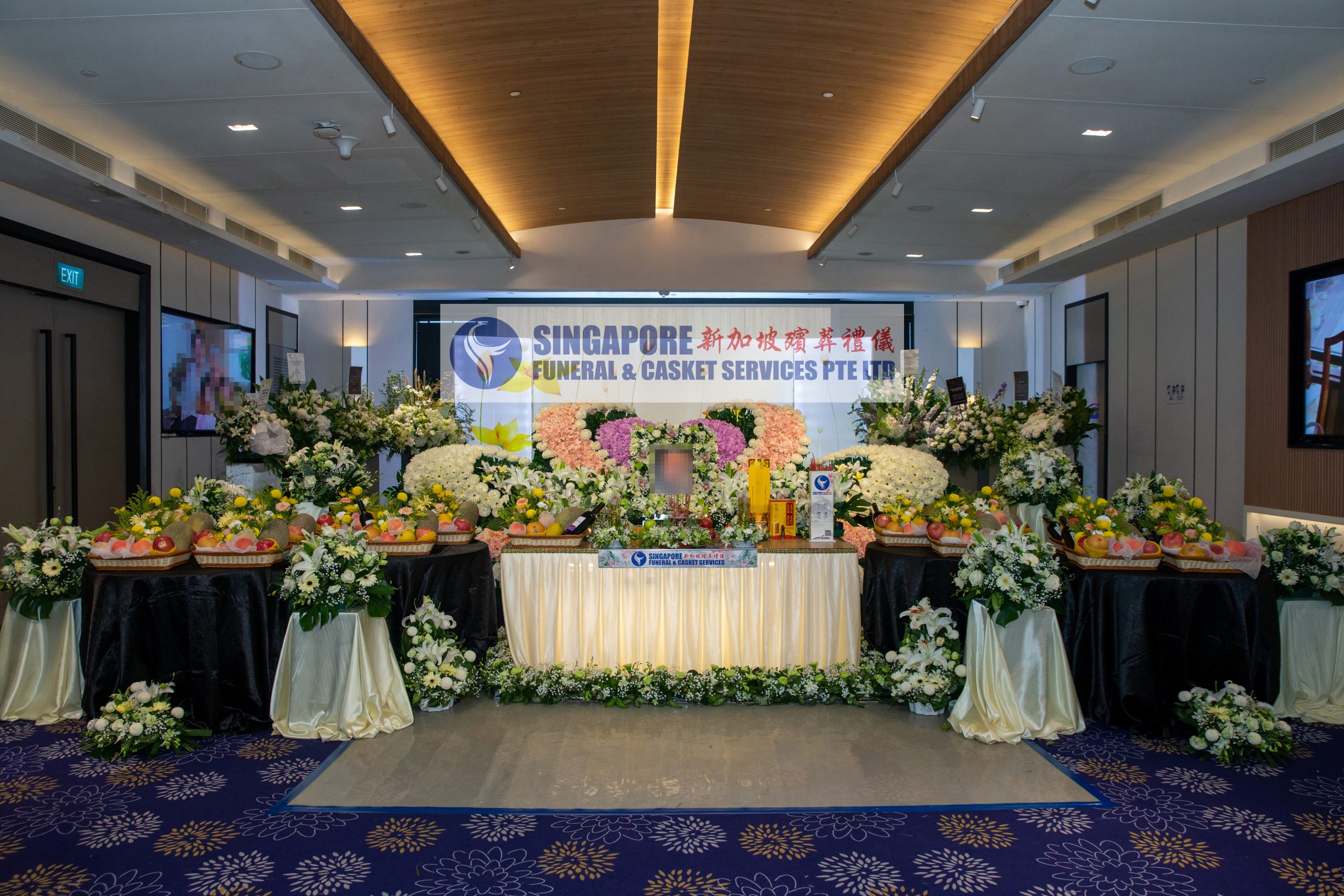Honoring Traditions: Understanding a Taoist Funeral Service
In today’s multicultural and spiritually diverse society, traditional funeral rites offer a meaningful way to pay respects to the deceased and support the bereaved. Among these sacred traditions, the Taoist Funeral Service stands out as a deeply symbolic and spiritual ritual rooted in centuries-old Chinese religious practices. This ceremonial process is designed not only to honor the dead but also to ensure a peaceful transition of the soul to the afterlife according to Taoist beliefs.
The Foundations of Taoist Beliefs
Taoism, a spiritual and philosophical tradition originating in China over 2,000 years ago, is centered around the concept of the Tao, or “the Way”—a natural order that flows through all life. This path emphasizes harmony with nature, balance, and spiritual immortality. In Taoist thought, death is not seen as an end, but as a transformation—a return to the Tao. A Taoist Funeral Service reflects this understanding, serving as a spiritual guide for the soul’s journey and an important ritual for the living to express filial piety and respect.
The Purpose of a Taoist Funeral
A Taoist funeral is not simply a farewell; it is a multi-layered spiritual process aimed at achieving harmony and peace for both the deceased and their family. The service typically involves elaborate rituals, chants, offerings, and symbolic elements designed to purify the soul, drive away evil spirits, and ensure a safe passage into the spirit realm.
These services are believed to reduce the suffering of the soul, cleanse it of earthly ties, and assist it in reaching immortality or a favorable reincarnation. Additionally, for the family, a Taoist Funeral Service provides a way to express grief and gratitude, while also performing their final duties to the departed.
Key Elements of a Taoist Funeral Service
Each Taoist funeral may differ slightly depending on regional practices, family traditions, and the specific Taoist sect involved. However, several elements are common to most services:
1. Taoist Priest and Rituals
The heart of the ceremony lies with the Taoist priests or monks who lead the funeral rites. Dressed in traditional robes, they chant scriptures and prayers to help guide the spirit. The chanting is rhythmic and often accompanied by music played on traditional Chinese instruments, which is believed to dispel negative energy and summon protective deities.
2. Altar and Offerings
An altar is set up with a portrait of the deceased, along with incense, candles, food, tea, and sometimes paper offerings such as joss paper (symbolic money). These offerings are meant to provide for the spirit’s needs in the afterlife and show ongoing care from the living.
3. Paper Effigies and Burning Rituals
Paper effigies representing houses, clothing, money, servants, and even cars are commonly burned during a Taoist Funeral Service. These symbolic items are thought to become real in the spirit world and are meant to equip the deceased with comforts in the afterlife.
4. Ritual Cleansing and Protection
To ward off bad luck and spiritual impurities, ritual cleansing and protective ceremonies are often performed. Family members may be sprinkled with blessed water or walk through symbolic gates to protect them from lingering spirits.
5. Burial or Cremation
Taoist funerals may involve either burial or cremation, depending on family preference and cultural influences. Regardless of the method, it is common for graves to be carefully selected and blessed to ensure good fortune and peace for future generations.
The Role of Family in Taoist Funerals
The family plays an integral role throughout the funeral process. Dressed in mourning clothes—usually white or black—they participate in rituals, bow before the altar, and sometimes wear headbands or sashes that denote their relationship to the deceased. Acts of filial piety, such as kneeling or prostrating before the casket, reflect the deep respect Taoist culture places on honoring one’s ancestors.
Mourning periods can extend for weeks or even months after the actual funeral, during which time families may abstain from certain activities or celebrations. This period allows them to reflect, pay tribute, and gradually re-enter the community with a renewed sense of balance.
Modern Taoist Funerals: Preserving Tradition in a Changing World
While urbanization and modern lifestyles have led to changes in how funerals are conducted, many families strive to preserve the essential rites of the Taoist Funeral Service. Funeral homes and service providers that specialize in Taoist traditions help families maintain authenticity while adapting the process to contemporary needs.
These modern services may offer everything from traditional altar setups to Taoist priests who can lead the full spectrum of rituals. Some even provide live streaming for relatives abroad, blending ancient customs with modern convenience.
Why Choose a Taoist Funeral Service?
Choosing a Taoist funeral is more than selecting a method of burial—it is a profound commitment to spiritual values, ancestral respect, and personal heritage. A Taoist Funeral Service provides:
-
Spiritual Guidance: Helps the soul transition peacefully to the next realm.
-
Cultural Integrity: Preserves age-old customs and religious rites.
-
Emotional Support: Offers structure and meaning during a time of grief.
-
Ancestral Connection: Strengthens ties between generations, living and deceased.
In a world where traditions can easily be lost, honoring a loved one through Taoist rites is a powerful statement of respect and continuity. For families rooted in Taoist beliefs, it is both a comfort and a sacred responsibility.
Final Thoughts
The richness and depth of a Taoist Funeral Service reflect a broader worldview in which life, death, and the cosmos are intricately connected. It offers a deeply respectful, spiritually meaningful, and culturally rich way to honor the passing of a loved one. Whether one adheres strictly to Taoist doctrine or simply values the beauty of its rituals, this type of funeral provides a sense of closure and peace that transcends mere ceremony.
By embracing such time-honored practices, families can say goodbye in a way that is both reverent and aligned with their spiritual heritage. As more people seek culturally sensitive and personalized funerals, the enduring relevance of the Taoist Funeral Service continues to grow—bridging the wisdom of the past with the needs of the present.


